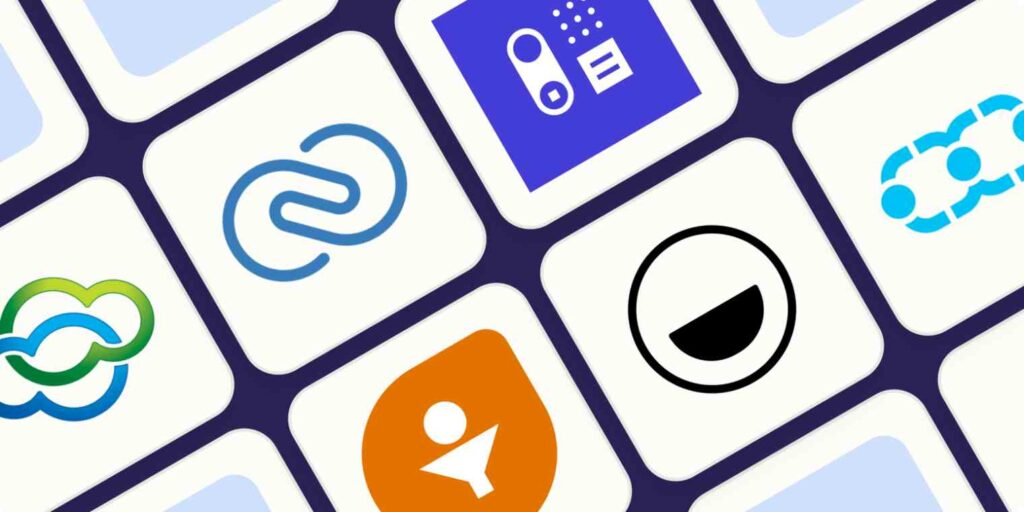Customer Relationship Management (CRM) software is a vital tool for any small business looking to improve its customer service, sales, and marketing processes. However, with so many CRM options on the market, it can be difficult to determine which one is the best fit for your small business. In this article, we’ll discuss the features that are needed for the best CRM for a small business.
Contact Management
One of the most important features of any CRM system is contact management. A small business CRM should allow you to manage all of your customer contacts in one place, including contact information, communication history, and any notes or tasks related to that contact. This feature will help you keep track of your customers’ needs, preferences, and purchase history, which can be used to personalize your marketing and sales efforts.
Lead Management
In addition, to contacting management, a small business CRM should also include lead management features. A lead is a potential customer who has expressed interest in your product or service but has not yet made a purchase. Lead management tools can help you track and prioritize leads, assign leads to specific sales representatives, and automate follow-up tasks to help move leads through the sales pipeline.
Sales Pipeline Management
Another essential feature of a small business CRM is sales pipeline management. This feature allows you to track the progress of your sales opportunities through each stage of the sales cycle, from lead to closed deal. With sales pipeline management, you can easily identify bottlenecks in your sales process, forecast revenue, and prioritize your sales efforts.
Marketing Automation
Marketing automation is a powerful feature that can help small businesses save time and improve their marketing campaigns’ effectiveness. A good CRM Software should include marketing automation features like email marketing, social media integration, and lead scoring. These features can help you segment your contacts based on their interests and behavior, send targeted messages, and track the effectiveness of your marketing campaigns.
Customization
Every small business is unique, so it’s important to choose a CRM that can be customized to fit your specific needs. Look for a CRM that allows you to create custom fields, reports, and dashboards that can help you track and analyze your business’s performance. Customization features can help you tailor your CRM to your business’s unique needs, which can improve efficiency and productivity.
Mobile Access
In today’s fast-paced business environment, it’s essential to have access to your CRM system on the go. A good small business CRM should include mobile access features that allow you to access your contacts, leads, and sales pipeline from anywhere, using your smartphone or tablet. Mobile access features can help you stay connected with your customers and sales team, no matter where you are.
Integration
Finally, a good small business CRM should be able to integrate with other software and tools that you use to run your business. Look for a CRM that can integrate with your email marketing platform, accounting software, and other business tools that you use daily. Integration features can help you streamline your business processes, reduce data entry errors, and improve collaboration across your team.
Wrap Up
In conclusion, a good small business CRM should include contact management, lead management, sales pipeline management, marketing automation, customization, mobile access, and integration features. By choosing a CRM that includes these features, you can improve your customer service and customer satis, streamline your sales and marketing processes, and grow your business.
Customer relationship management (CRM) software can be a valuable tool for small businesses looking to improve customer satisfaction. By centralizing customer data and automating tasks, CRM can help businesses track customer interactions, identify opportunities for improvement, and deliver a more personalized customer experience.
You may also like
-
Unveiling the White CBG Strain: Characteristics, Potency, and Therapeutic Benefits
-
Why Choose Growers Choice Seeds for Buying Marijuana Seeds
-
What type of clothes wear in Qatar Business class?
-
Obtained Review – Get What Your Business Needs to Fuel Expansion
-
Colorful Narratives: Personal Stories of Transformation through Prediction

